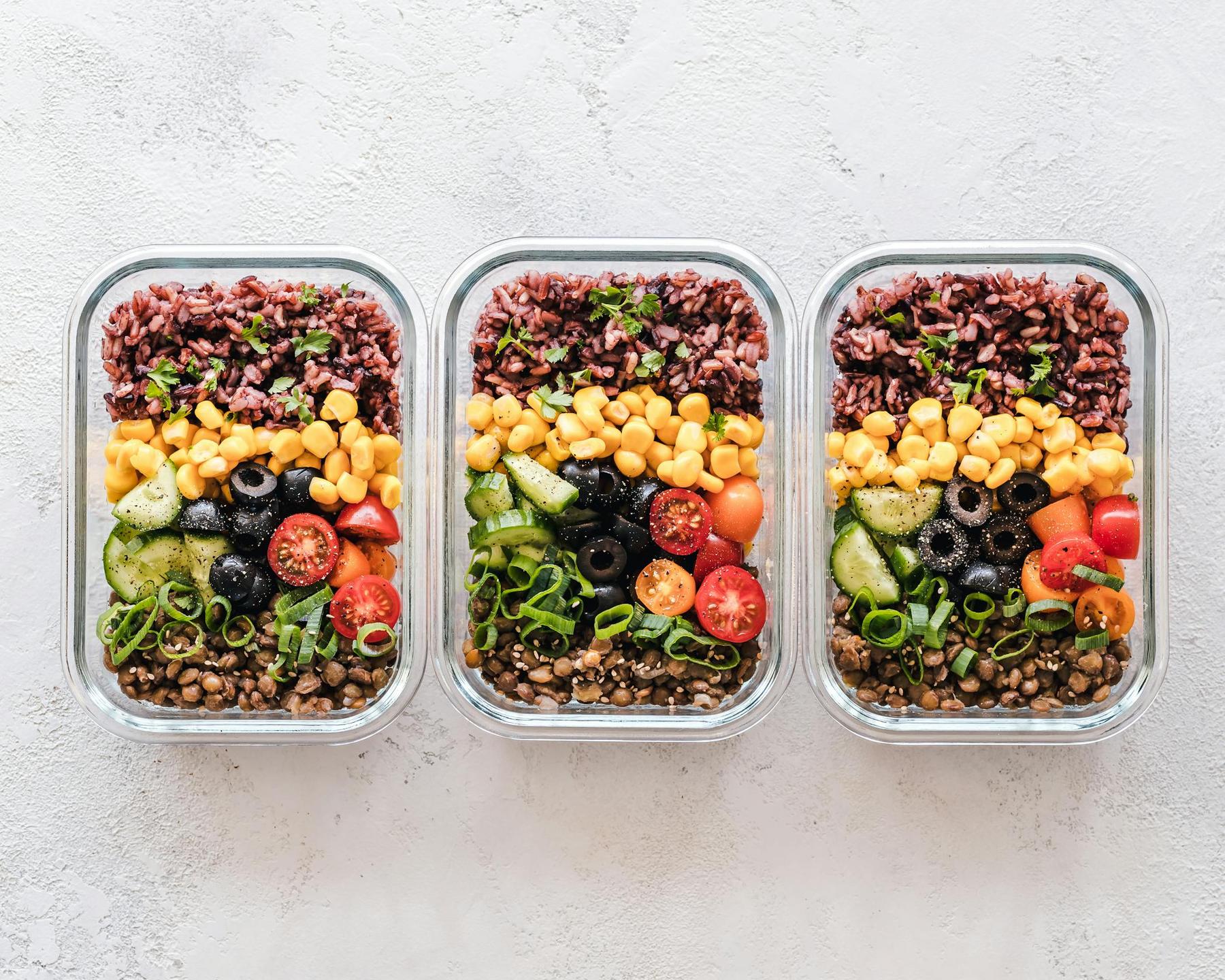Are you considering a juice cleanse to shed unwanted kilograms? With the popularity of juice cleansing surging across Australia in 2025, many are drawn to promises of rapid weight loss and detoxification. However, before embarking on any significant dietary change, it’s essential to understand the scientific mechanisms behind juice cleanses and their actual impact on weight management. This comprehensive analysis examines the physiological effects, nutritional implications, and long-term outcomes associated with juice cleanses.
How Do Juice Cleanses Affect Your Body’s Weight Regulation Systems?
Juice cleanses operate primarily through caloric restriction rather than any special detoxifying properties. The typical juice cleanse provides only 1,200–1,500 calories daily, significantly below the average Australian adult’s maintenance requirements. This substantial energy deficit creates predictable physiological responses that explain both the initial weight loss and subsequent challenges.
During the first 72 hours of a juice cleanse, most people experience a rapid weight reduction of 1–3 kg. However, this initial drop primarily represents:
- Depletion of glycogen stores (which bind water molecules)
- Increased diuresis due to the high water content of juices
- Reduced intestinal contents from the absence of solid food
Research indicates this is predominantly water weight rather than fat loss. A revealing statistic from recent studies shows that approximately 72% of weight lost during short juice cleanses returns within just three days of resuming normal eating patterns.
The body also undergoes several metabolic adaptations during juice cleanses:
- Decreased resting metabolic rate (by 4-15%)
- Altered hormone production (including increased ghrelin and decreased leptin)
- Potential muscle catabolism due to inadequate protein intake
A 2023 clinical trial documented a concerning 2.1% decline in lean muscle mass after a 7-day cleanse, accompanied by a 4.3% reduction in basal metabolic rate—changes that ultimately work against long-term weight management goals.
What Happens to Your Weight After Completing a Juice Cleanse?
The post-cleanse period reveals crucial insights about the sustainability of juice-induced weight changes. While initial weight loss may seem promising, longitudinal data paints a more sobering picture.
| Timeframe | Typical Weight Changes | Primary Mechanisms |
|---|---|---|
| First 3 days | 2.4 ± 0.8 kg loss | Water loss, glycogen depletion, reduced intestinal contents |
| Days 4-7 | Slowing weight loss or plateau | Metabolic adaptation, increased hunger signals |
| 1-2 weeks post-cleanse | 50-89% weight regain | Water retention, glycogen restoration, compensatory eating |
| 6 months post-cleanse | 78% experience net weight gain | Metabolic adaptation, muscle loss, altered hunger hormones |
These patterns reflect fundamental principles of human physiology rather than personal failure. The body’s homeostatic mechanisms actively resist rapid weight changes, particularly those achieved through severe restriction.
Compensatory biological responses include:
- Increased appetite and food-seeking behaviors
- Enhanced efficiency of calorie storage
- Shifts in gut microbiota that favor energy harvest
- Reduced energy expenditure in daily activities
Research shows that these adaptations can persist for weeks or even months following a cleanse, creating a physiological environment that favors weight regain and often leads to a net increase in fat tissue.
How Do Juice Cleanses Compare to Other Weight Management Approaches?
When evaluating juice cleanses against evidence-based weight management strategies, important differences emerge in both effectiveness and health outcomes.
Sustainable weight management approaches typically involve:
- Moderate caloric deficits (300-500 calories below maintenance)
- Balanced macronutrient intake with adequate protein (1.2-2.0g/kg body weight)
- Regular physical activity combining resistance and aerobic exercise
- Behavioral modifications addressing emotional and environmental eating triggers
- Consistent sleep and stress management practices
In contrast, juice cleanses provide:
- Severe caloric restriction (often 50-70% below maintenance needs)
- Imbalanced macronutrients (high carbohydrate, minimal protein, negligible fat)
- No structured approach to physical activity or behavioral change
- Temporary intervention without sustainable habits
A 2024 randomized controlled trial demonstrated that participants following whole-food, plant-predominant diets lost 3.2 kg over 12 weeks while preserving muscle mass—representing a 220% improvement over juice cleanse outcomes. Moreover, these participants maintained their weight loss at one-year follow-up, while juice cleanse participants had typically regained all lost weight plus additional kilograms.
What Nutritional Impacts Do Juice Cleanses Have on Your Body?
The nutritional profile of juice cleanses deserves careful scrutiny, as it directly affects both weight regulation and overall health.
While fruit and vegetable juices provide certain micronutrients (particularly vitamins C and A), they create significant nutritional gaps:
- Inadequate protein (typically 20-30g daily vs. recommended 60-100g)
- Insufficient essential fatty acids needed for hormone production
- Missing fat-soluble vitamins (A, D, E, K) due to removal of natural fats
- Depleted iron, zinc, B12, and calcium stores
- Eliminated dietary fiber through the juicing process
These deficiencies can manifest as fatigue, impaired immunity, poor recovery, and ironically, compromised metabolic function. One concerning 2025 case study documented scurvy-like symptoms in a patient who adhered to citrus-based cleanses for eight weeks, highlighting the extreme nutritional imbalances possible with prolonged juice fasting.
The glycemic impact of juice cleanses also warrants attention. Fruit juices concentrate natural sugars, with a standard 250ml serving of orange juice containing approximately 23g of sugar—equivalent to nearly six teaspoons. Without the moderating effects of fiber, protein, and fat, these juices can cause rapid glucose spikes followed by insulin surges. Continuous glucose monitoring during a 3-day cleanse revealed an average of 6.3 hyperglycemic episodes per participant, potentially exacerbating insulin resistance and compromising weight regulation.
How Do Juice Cleanses Affect Your Gut Microbiome and Weight Regulation?
Emerging research on the gut microbiome has revealed unexpected consequences of juice cleanses that directly influence weight management. The human gut contains trillions of bacteria that play crucial roles in metabolism, immunity, and hormonal signaling—all factors that affect weight regulation.
A groundbreaking 2025 randomized trial found that even brief juice cleanses significantly alter microbial diversity, with concerning implications:
- 37% reduction in beneficial Bifidobacterium species
- 290% increase in potentially inflammatory Enterobacteriaceae
- Measurable increases in intestinal permeability (“leaky gut”)
- Elevated systemic inflammation markers (C-reactive protein levels rose from baseline 0.8 ± 0.2 mg/L to 2.1 ± 0.4 mg/L)
These microbiome shifts correlate with disrupted appetite regulation, altered energy harvest from food, and increased inflammatory signaling—all processes that can undermine weight management efforts. The removal of dietary fiber (30-50% of whole fruit/vegetable mass) through juicing eliminates critical prebiotics that nourish beneficial bacteria, leading to a 60-80% reduction in protective short-chain fatty acid production.
What Are the Most Effective Alternatives to Juice Cleanses for Weight Management?
For those seeking evidence-based approaches to weight management, several alternatives offer more sustainable and health-promoting outcomes than juice cleanses.
Whole-food, plant-predominant eating patterns provide similar nutrient density to juice cleanses while avoiding their pitfalls. These approaches include:
- Abundant intact fruits and vegetables (retaining natural fiber)
- Adequate protein from diverse sources (legumes, whole grains, lean animal proteins)
- Healthy fats from nuts, seeds, and plant oils
- Mindful hydration with water and unsweetened beverages
This approach delivers 25-40g of fiber daily and 10-15g of resistant starch—nutrients that promote satiety, stabilize blood glucose, and nourish beneficial gut bacteria.
Behavioral strategies also play a crucial role in sustainable weight management. Techniques such as:
- Mindful eating practices
- Structured meal timing
- Environmental modifications to reduce eating triggers
- Stress management techniques
- Sleep optimization
For individuals with higher weight-related health risks, supervised medical weight management programs combining nutritional support, behavioral counseling, and appropriate medical interventions show superior outcomes to self-directed cleansing regimens.
Understanding the True Role of “Detoxification” in Weight Management
The concept of “detoxification” frequently accompanies juice cleanse marketing, yet requires scientific clarification. The human body possesses sophisticated detoxification systems primarily centered in the liver and kidneys, which function continuously without requiring special diets.
While juice cleanses are often portrayed as “cleansing” the body of toxins, research indicates that:
- The liver detoxifies substances through complex enzymatic processes that don’t require juice consumption
- The kidneys efficiently filter blood and excrete waste products when adequately hydrated
- The intestinal barrier selectively controls absorption of potentially harmful substances
- The immune system identifies and neutralizes pathogenic threats
These systems function optimally when supported by consistent nutrition, adequate hydration, regular physical activity, and sufficient sleep—not through brief periods of extreme dietary restriction.
Rather than temporary “detoxifying” cleanses, sustainable health practices that support these natural systems yield superior long-term outcomes for both weight management and overall wellbeing.
Will a juice cleanse help me lose weight permanently?
Research indicates that juice cleanses typically produce temporary weight loss primarily consisting of water, glycogen stores, and intestinal contents. Studies show approximately 72% of weight lost during juice cleanses returns within days of resuming normal eating, and 78% of juice cleanse users regain more weight than they lost within six months. For sustainable weight management, evidence supports moderate caloric adjustments, balanced nutrition, regular physical activity, and behavioral strategies rather than short-term restrictive approaches.
Are there any health benefits to doing a juice cleanse despite the weight effects?
While juice cleanses provide certain vitamins and phytonutrients, research indicates they create nutritional imbalances by eliminating essential proteins, fats, minerals, and fiber. Adverse effects documented include muscle loss, metabolic slowing, blood sugar instability, and disrupted gut microbiota. Most benefits touted can be achieved more effectively by incorporating whole fruits and vegetables into a balanced diet.
How long would I need to do a juice cleanse to see weight loss results?
Initial weight changes typically appear within 1-3 days with an average loss of 2.4 kg, but this primarily represents water weight rather than fat loss. Extending the cleanse increases the risk of nutritional deficiencies and metabolic adaptations without proportionately increasing fat loss.
Can I do a juice cleanse one day per week for weight management?
Intermittent juice cleanses have not shown benefits for sustainable weight loss in studies. The metabolic disruption, blood sugar instability, and compensatory eating patterns associated with brief juice-only periods may counteract any potential benefits. A balanced approach with occasional plant-based meals is generally more effective.
What should I eat after a juice cleanse to maintain any weight loss?
If transitioning from a juice cleanse, research suggests gradually reintroducing whole foods with an emphasis on protein-rich options, high-fiber foods, complex carbohydrates, and healthy fats. However, biological adaptations during cleansing often lead to weight regain, so long-term success relies on consistent, moderate dietary practices.



